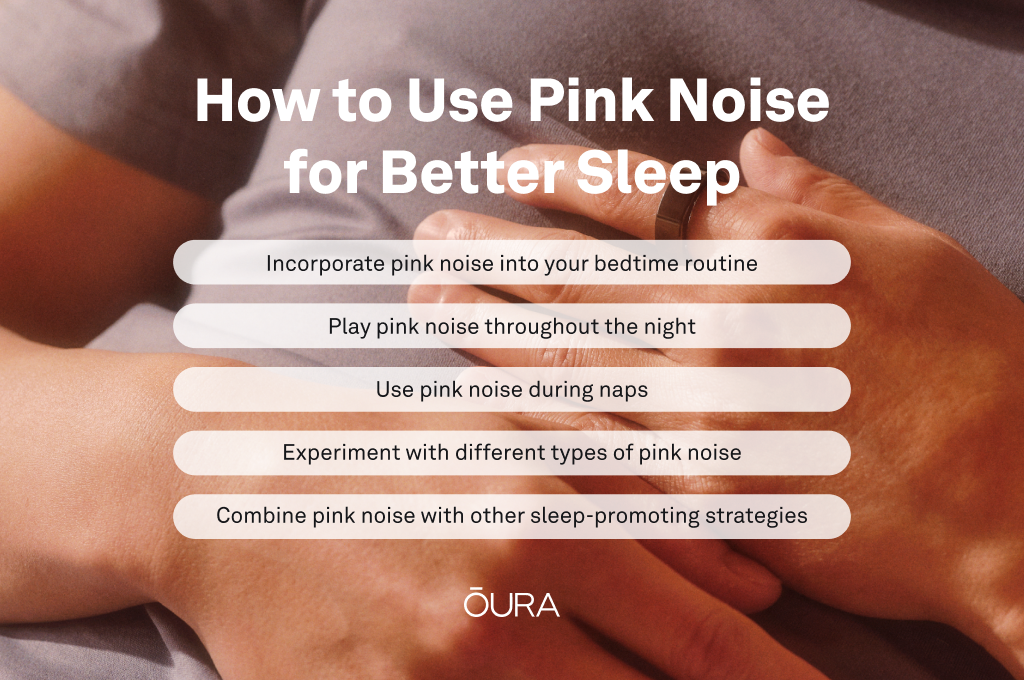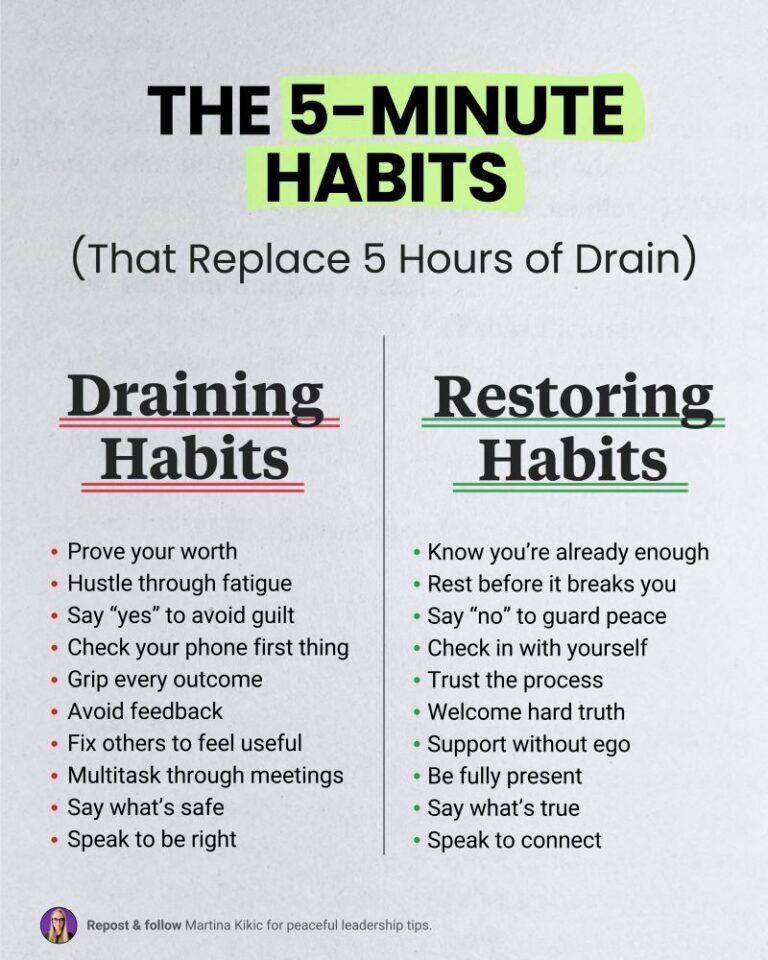
Pink noise contains all the sound frequencies that humans can hear. Unlike white noise—which represents all the frequencies equally—the higher frequencies in pink noise are less intense.
Have you heard of white noise? Now, it’s time to learn about its surprising alternative: pink noise. Although the science behind its benefits is still young, early research suggests that pink noise not only masks background sounds, but also improves sleep quality and boosts memory retention.
In this article, we will explain what pink noise is, how it can benefit your health, and why thousands of people incorporate it into their daily routine through popular platforms
Noise is generally defined as “any unwanted sound,” although this perception varies from person to person. Sounds are waves that travel through a medium, and the concept of “colors” of sounds refers to the different frequencies they produce. High frequencies, associated with high-pitched sounds, tend to increase alertness and concentration, while low frequencies generate more relaxing effects.
What is pink noise?
Pink noise is a type of sound characterized by having a frequency distribution that sounds more balanced to the human ear compared to white noise. It is notable for its ability to reduce the volume at higher frequencies, making it sound similar to the gentle murmur of rain or the soothing murmur of the ocean. This similarity to brain waves during deep sleep is one of the reasons why it is considered beneficial for rest. The nature of its frequencies helps to decrease the complexity of brain waves, resulting in better sleep quality, greater information retention, and reduced stress.
While white noise distributes all frequencies evenly, pink noise decreases the intensity of higher frequencies, providing a sound that mimics natural noise, such as rain or waves. This makes it an ideal resource for masking annoying sounds and creating an environment conducive to rest.
The benefits of this noise for sleep
Several studies have found that pink noise can improve sleep quality by encouraging a connection with deep sleep brain waves.
For example, a 2012 study found that participants who slept with pink noise showed a noticeable increase in sleep stability and a reduction in interruptions, which is crucial for good sleep hygiene.
Improved memory and cognition
Pink noise has also been associated with benefits in memory and cognition. A study from Northwestern University found that using short pulses of pink noise during deep sleep improved information processing and memory consolidation in subjects.
In this study, researchers found that those who were exposed to pink noise during sleep showed superior performance on memory tasks compared to those who slept in silence. This finding suggests that integrating pink noise into sleep routines may be an effective strategy for those looking to improve their cognitive ability.
Reduction of stress and anxiety
In addition to improving sleep and memory, pink noise can contribute to the reduction of stress and anxiety . By listening to this type of relaxing sound, the body can decrease the levels of cortisol, the stress hormone. A relaxing sound environment promotes relaxation, resulting in less activity of the sympathetic nervous system, associated with stress.
How to incorporate pink noise into your routine
To take advantage of the benefits of pink noise, you can find abundant resources on streaming platforms such as YouTube or apps dedicated to meditation and relaxation. It is advisable to establish a routine that includes the use of pink noise just before sleeping or in moments of high tension. You just need to set the volume to a comfortable level and let the sound work in the background, facilitating a state of relaxation.
It stands out for its ability to reduce the volume at higher frequencies, making it sound similar to the soft murmur of rain or the soothing whisper of the ocean. The nature of its frequencies helps to decrease the complexity of brain waves, resulting in better sleep quality, greater information retention and reduced stress.
Although limited, several studies have shown that this type of noise positively impacts both memory and the body’s response to stress, opening up a new field in research on sleep and mental health.







